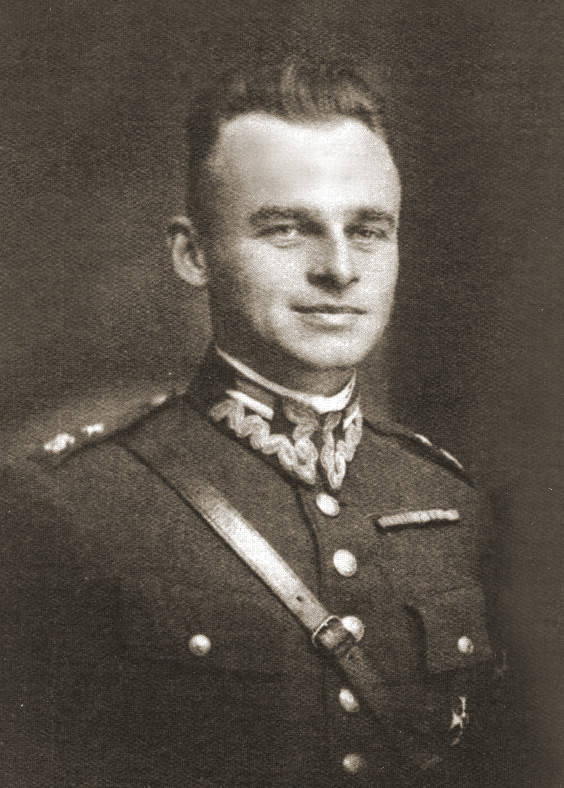On May 25, 1948, in the prison at ul. Rakowiecka, the communists murdered Captain Witold Pilecki, a hero who “created a conspiracy in hell.”
Witold Pilecki was born on May 13, 1901, in Olonets in northern Russia. His ancestors were sent there by the tsarist authorities for taking part in the January Uprising of 1863. Shortly before the outbreak of World War I, the Pilecki family moved to Vilnius.
In 1918, young Witold joined the ranks of the emerging Polish Army. He also took part in the Polish-Bolshevik war. After graduation, he passed his high school diploma exams and began to study at the Faculty of Fine Arts of the University of Vilnius. He did not complete his studies due to family reasons. Pilecki became the owner of land property in Sukurche (now Belarus), where he made a thorough modernization. Pilecki was actively involved in the life of the local community, establishing, an agricultural club and a dairy. In 1931 he married Maria Ostrowska. Soon they had a son, Andrzej, and a daughter, Zofia.
In 1939, he took part in the defensive war against Germany in the ranks of the 19th Infantry Division, and later the 41st Division. In occupied Warsaw, he was one of the founders of the underground organization of the Secret Polish Army. In September 1940, he undertook a daring action. During a street round-up, he got arrested in order to get to KL Auschwitz. He was sent there under the name of Tomasz Serafiński and created a conspiratorial network there. He also collected and transferred intelligence on the structure and functioning of the camp.
On the night of April 26-27, 1943, Pilecki and two fellow prisoners escaped from KL Auschwitz. After a few months, he reached Warsaw and continued to fight in the ranks of the Home Army.
When the Warsaw Uprising broke out, he joined it, and after its fall, he was taken prisoner by the Germans. Then, after the capitulation of the Third Reich, he served in the 2nd Polish Corps in Italy. From there, in the fall of 1945, he was sent to communist-ruled Poland to organize an intelligence network. His task was to collect information on the repressions used by the Soviet and Polish (communist) authorities and their security structures.
In May 1947, Pilecki was arrested. After a brutal investigation, in March 1948, the Military District Court in Warsaw sentenced him to death. The crime was carried out on May 25, 1948. His body was secretly buried by the communists and has not been found to this day.





